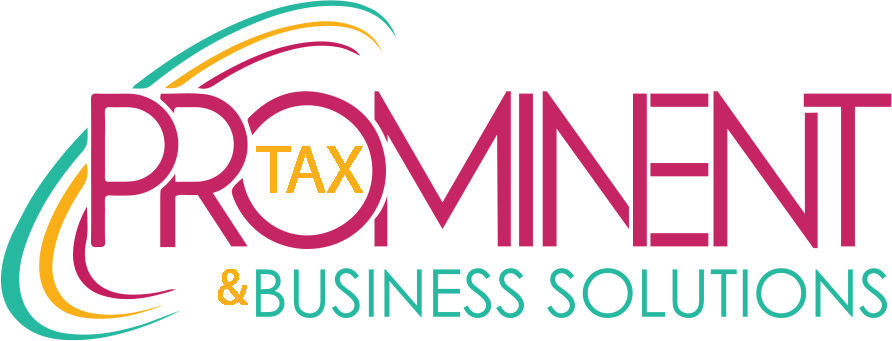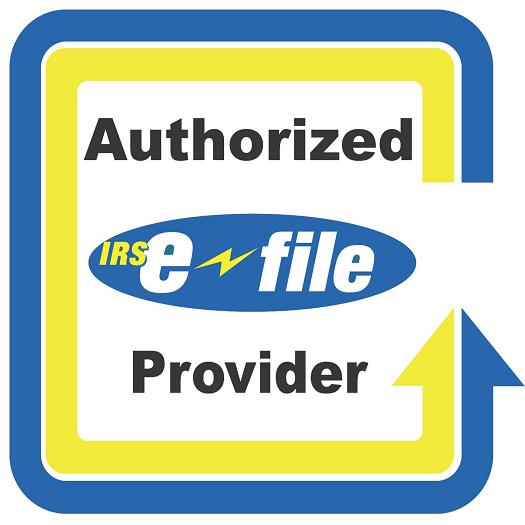Essential Tax Preparation Tips for Small Business Owners
Introduction
Tax season can be a stressful time for small business owners. The complexity of tax laws, the fear of missing out on deductions, and the possibility of penalties can make tax preparation a daunting task. However, with proper planning and organization, you can navigate the tax season smoothly and even find ways to reduce your tax bill. In this post, we’ll share some essential tax preparation tips to help you get started.
Organizing Financial Records
The first step in tax preparation is to ensure your financial records are well-organized. This means keeping track of all receipts, invoices, and other documents that reflect your business transactions. Using accounting software can simplify this process by categorizing your expenses and generating financial reports. Consistently updating your records throughout the year will save you time and reduce stress during tax season.
Understanding Deductions and Credits
Small business owners can benefit from various deductions and credits. Common deductions include office supplies, travel expenses, and employee salaries. Additionally, you might qualify for specific tax credits that can significantly reduce your tax liability. It’s crucial to familiarize yourself with the deductions and credits available to your business and keep detailed records to substantiate your claims.
Filing Deadlines and Extensions
Missing tax deadlines can result in penalties and interest charges. Mark key dates on your calendar, such as the due dates for quarterly estimated taxes and the annual tax return. If you find yourself unable to meet a deadline, you can file for an extension. However, remember that an extension only gives you more time to file your return, not to pay any taxes owed.
Hiring a Professional vs. DIY
Deciding whether to hire a tax professional or do it yourself depends on the complexity of your tax situation. A professional can offer expertise, ensure compliance, and potentially save you money in the long run. However, if your tax situation is straightforward, you might manage it yourself using tax preparation software. Weigh the pros and cons to determine the best approach for your business.
Conclusion
Proper tax preparation is essential for the financial health of your small business. By organizing your financial records, understanding deductions and credits, adhering to deadlines, and considering professional help, you can minimize stress and optimize your tax outcomes. Remember, good tax preparation practices today can lead to significant savings tomorrow.
Happy filing!
Continue Reading
fusion_global=”1322″]

